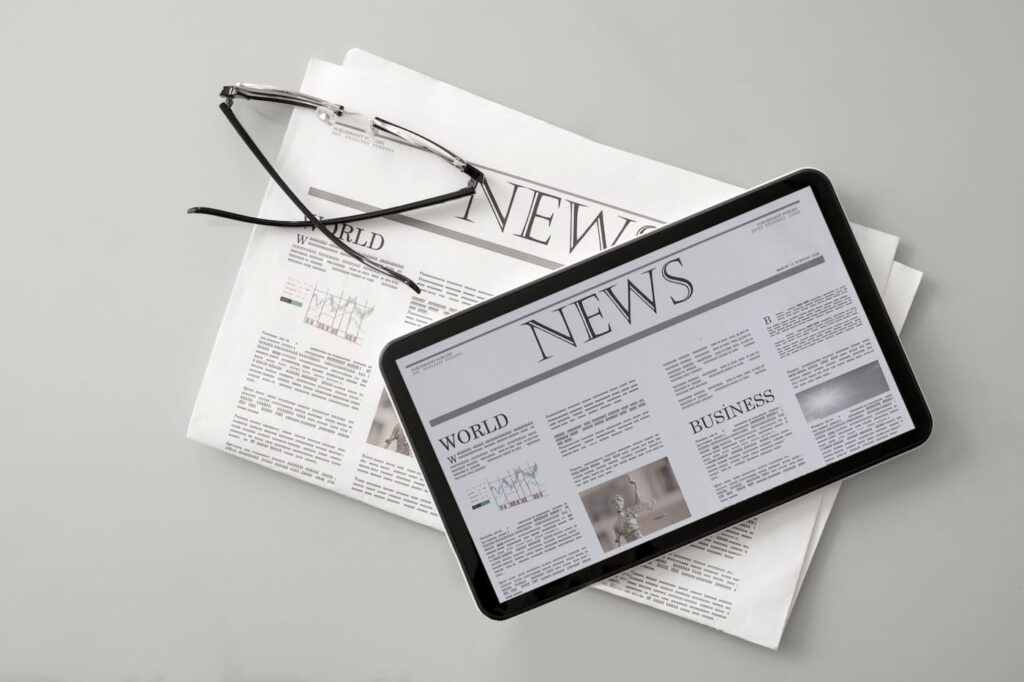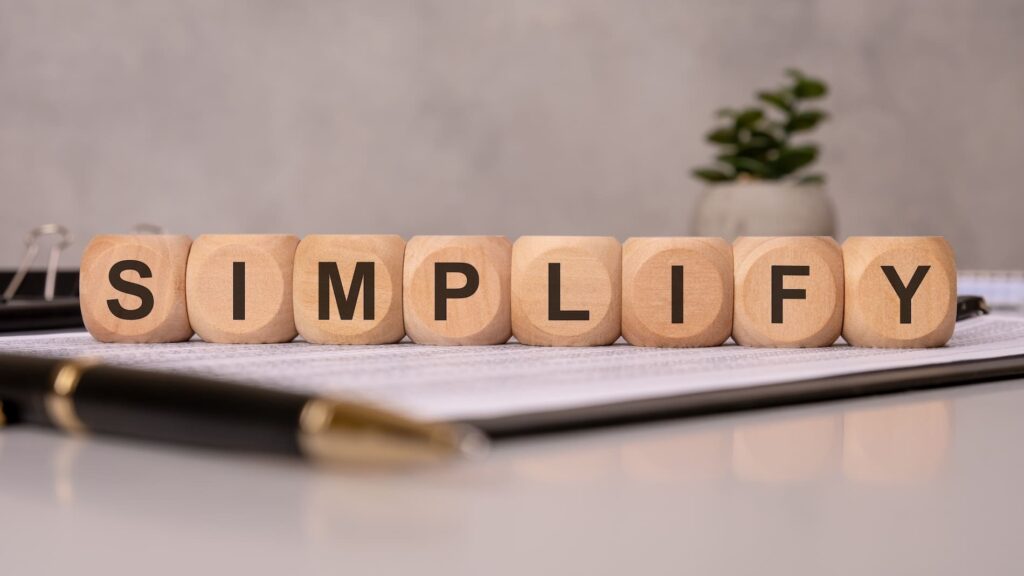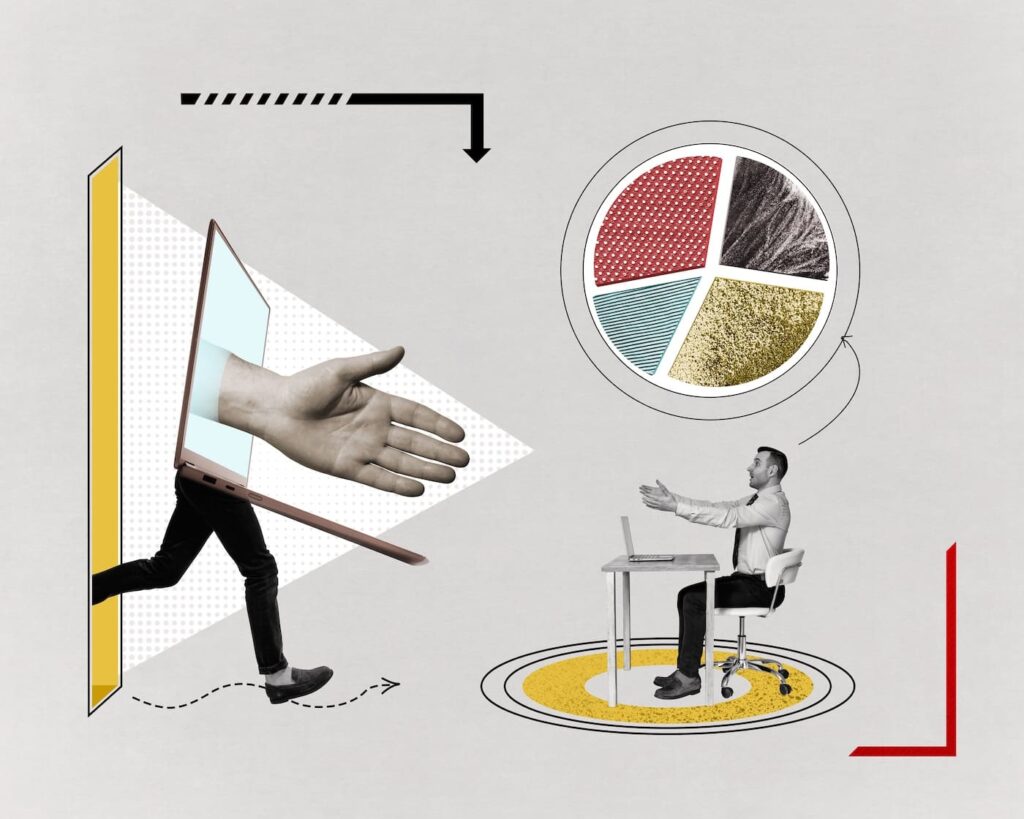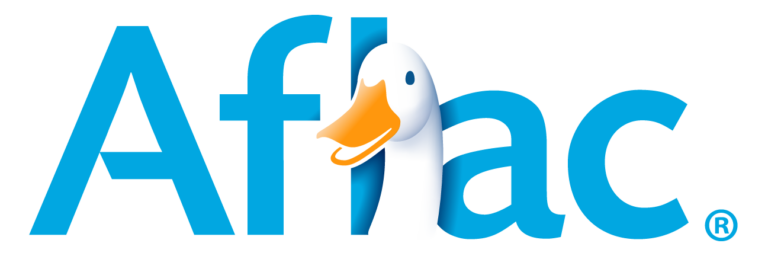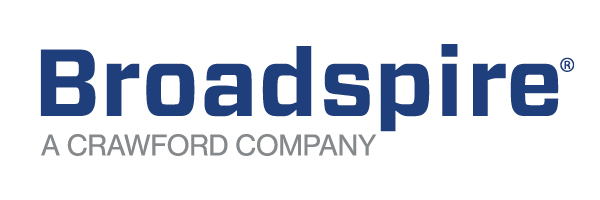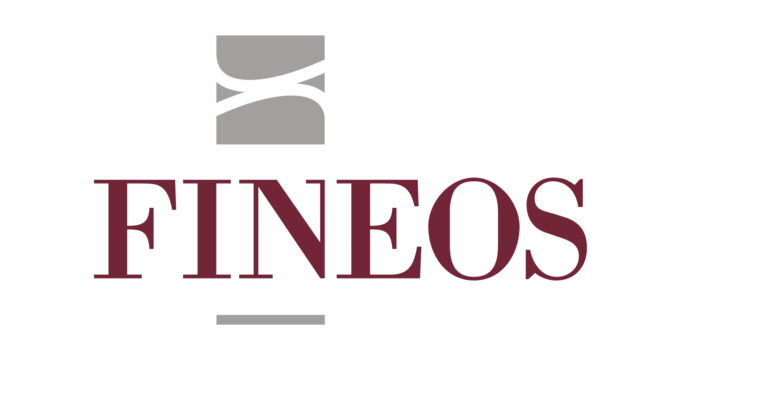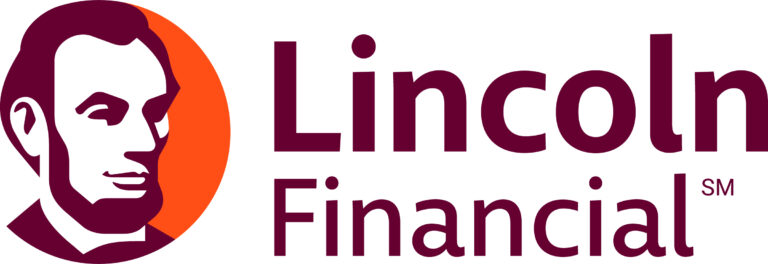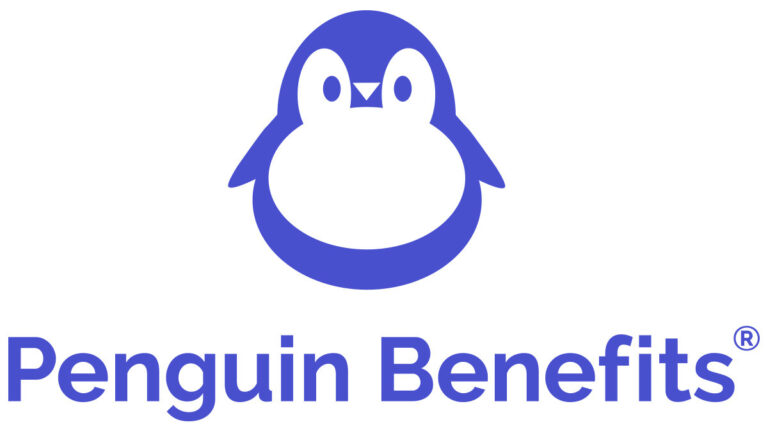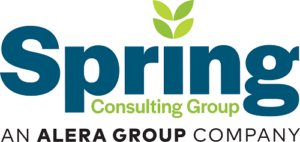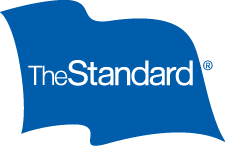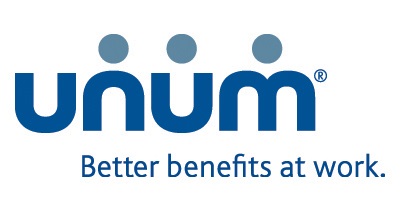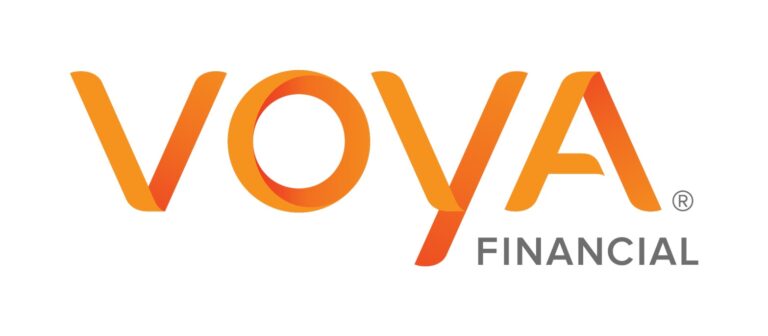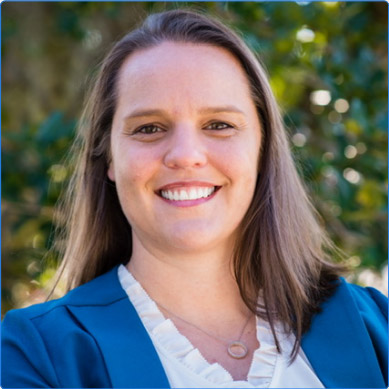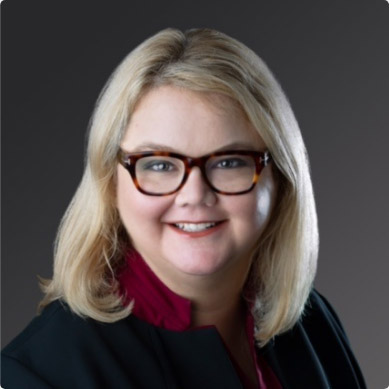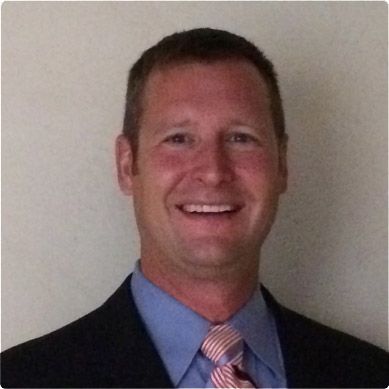
Pacific Gas and Electric Company (PG&E) has a rich history of supporting diversity, equity, and inclusion (DEI) that dates back to the 1970s. One secret to success has been 14 employee resource groups (ERGs) and engineering networking groups with more than 10,000 co-worker members. The PRIDE Network ERG was one of the first LGBTQ+ groups in the nation, and the Samahan (Filipino) ERG, which was founded in 1971, is the company’s longest-standing ERG.
In 2019, PG&E’s human resources team recognized a need for a group that represented the interests, perspectives, and talents of mental health advocates and neurodiverse team members. We considered a peer support network for mental health, and as fate would have it, a few co-workers heard a healthcare company leader talk about the company’s mental health ERG at an event, and a resource group sounded like the perfect way to begin our journey.
The first step was to talk with PG&E’s ERG program manager, the president of the Access Network ERG (for individuals with disabilities), and our mental health program manager. Next, we created a subcommittee within the Access Network since the group had similar goals to create awareness and reduce stigma with disabilities — including mental health and neurodiversity. We also spoke with representatives from other organizations about their mental health affinity groups and joined Mind Share Partners’ Mental Health ERG Community, an online network of hundreds of ERGs, which has been a tremendous resource. Then we put out a call for employees who wanted to help us start the group, and we were off and running!
Implementation
Fifteen co-workers volunteered immediately after receiving the email announcement. They met every other week to create mission, vision, and culture statements. The PG&E marketing branding team created icons that represent the group and the committee set goals that influenced the organizational structure, which includes three subcommittees: awareness and education, company policy and culture, and community (internal and external). These subcommittees make up the board, which meets monthly.
Then we created a name and tagline for the ERG: Minds of All Kinds (MAK) — putting our heads together for change.
It took nearly a year from idea to implementation, and we formally launched MAK with a virtual kickoff event in May 2020. Since the group had always planned to meet virtually to accommodate co-workers across California, launching during the pandemic did not affect participation. In the first six months, 100 members joined the group, which contributed to the largest increase in membership in Access Network’s history. In 2021, membership increased by another 20% and is well on its way to a similar gain in 2022.
During quarterly meetings, MAK members connect virtually and receive resources and information related to a theme chosen by one of the subcommittees. A range of communications helps sustain and support engagement and provide a venue to share resources and personal stories. These include a MAK column in the monthly Access Network ERG newsletter, a Microsoft Teams site, and a video of board members who explain why they joined MAK. MAK members also added the employee assistance program phone number to the company’s list of resources on an internal app
In addition, ongoing events ranging from wellness bingo, a screening for a film about anxiety, a neurodiverse comedy act, and educational presentations support members and inform others about mental health and neurodiversity. PG&E’s chief executive officer has also gotten involved, publishing a tweet about busting mental health stigma.
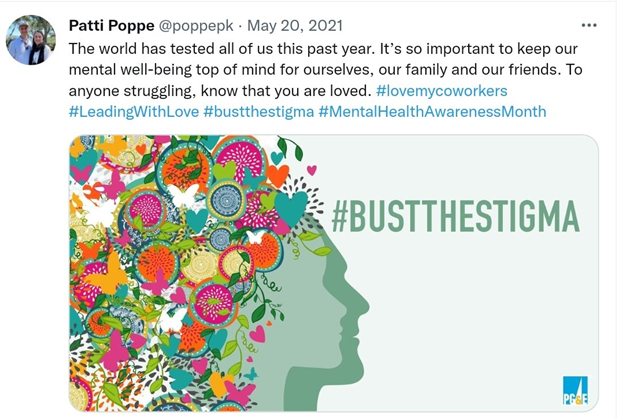
MAK has also launched an awareness initiative for psychological safety that explains how it contributes to the organization’s goals and that provides steps to create a sense of safety. As a result, psychological safety principles were added to the life safety review, which is performed at the start of every PG&E meeting and were incorporated into mandatory leader training. In addition, the team that spearheaded this work was invited to participate on a panel at an external conference on psychological safety.
The goal of ERGs is to create engagement and belonging by appreciating diversity. The organization measures these goals every two years through an employee survey, but results are general and can’t be directly attributed to ERGs.
Success for Access Network and MAK is measured by the number of goals completed, participation rates in events, membership growth, fundraising, and member surveys. ERGs receive a budget each year to spend on events. Participation by group and board members is voluntary, and MAK has contributed to changing the mental health and neurodiversity culture at PG&E. We have received high praise from coworkers, who believe MAK has helped bring mental health and neurodiversity front and center. Members are proud that PG&E cares enough about its workforce to create a safe space for people to bring their full selves to work.
Creating these types of groups enables organizations to engage with employees in meaningful ways and to create the types of diverse, equitable, and inclusive environments they seek. Read the “Effective DEI Program Strategies Support Employees” article for recommended steps to consider when creating these types of employee resource groups.


